Formula 1 bosses are putting the finishing touches to a new technical rules package for the 2021 season on, with the aim to create betterlooking, faster cars that also produce better racing.
But the development of the rules has been a drawn-out process, with plenty of argument about what F1’s biggest problems are – and how to solve them. To help, our writers and readers set out how they’d fix the sport, while Autocar’s in-house designer Ben Summerell-Youde brings to life his vision for an F1 car for 2021.
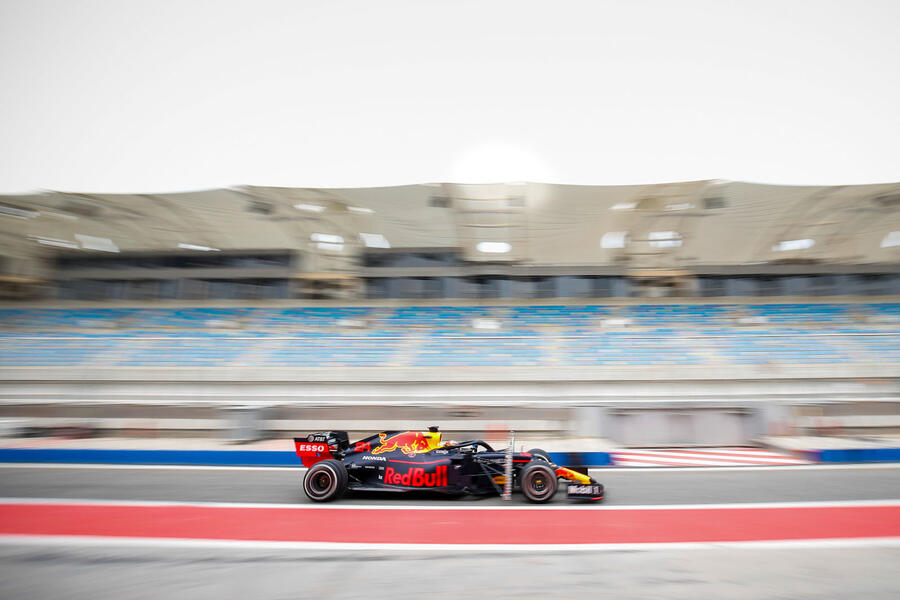
F1 has become too predictable. In the past 132 grands prix, three teams have taken victories: Mercedes-AMG (87 wins), Red Bull (27) and Ferrari (18). Sure, F1 has usually been dominated by a handful of teams, but there was always that race where things went crazy and a midfielder won (hello, Olivier Panis). Now the cars are too reliable, so let’s restrict the use of expensive materials, pit-to-car telemetry and other bits so they break a bit more. We can also add unpredictability elsewhere.
Currently, every race weekend follows a pattern: three days, three practice sessions, qualifying, a race of 200 miles or two hours. Why not vary the length of some races? For example: because the Italian GP lasts around 1hr 15min due to Monza’s high-speed nature, we can add 100 miles to the length and still be done in two hours (bonus: more chance of reliability issues). And if we turned the Singapore GP into a one-hour sprint, would anyone really mind? Also, have you ever seen anyone in the grandstands for Bahrain GP practice? Me neither, so let’s try some two-day events: practice and qualify Saturday, race Sunday. Heck, let’s try a double-header – half-point sprint race, then a longer ‘feature’ race.
Some races (including the British GP) don’t need to be messed with, but a few mixed-up events per year would add variety for fans and force teams out of their comfort zones – making it more likely they get things wrong. That, in turn, would add a dose of unpredictability. - James Attwood
The world’s first motor race wasn’t won by the driver who finished first, because his car needed a stoker, leaving it ineligible. Motor racing was about proving the cars, not promoting the spectacle of driver skill. We’ve since come to think that parity, passing and thrills are what racing should be about. Some series embrace that by limiting car development to promote close racing: F1 isn’t among them.
F1, as the fastest, most technologically advanced race series there is, has broader rules, then, under which the richest teams go fastest by a margin. When F1 worries about cost dissuading entrants, it steps in to limit outrageous technology; enough to curb the excess, but not sufficient to routinely promote wheel-to-wheel battling and overtaking.

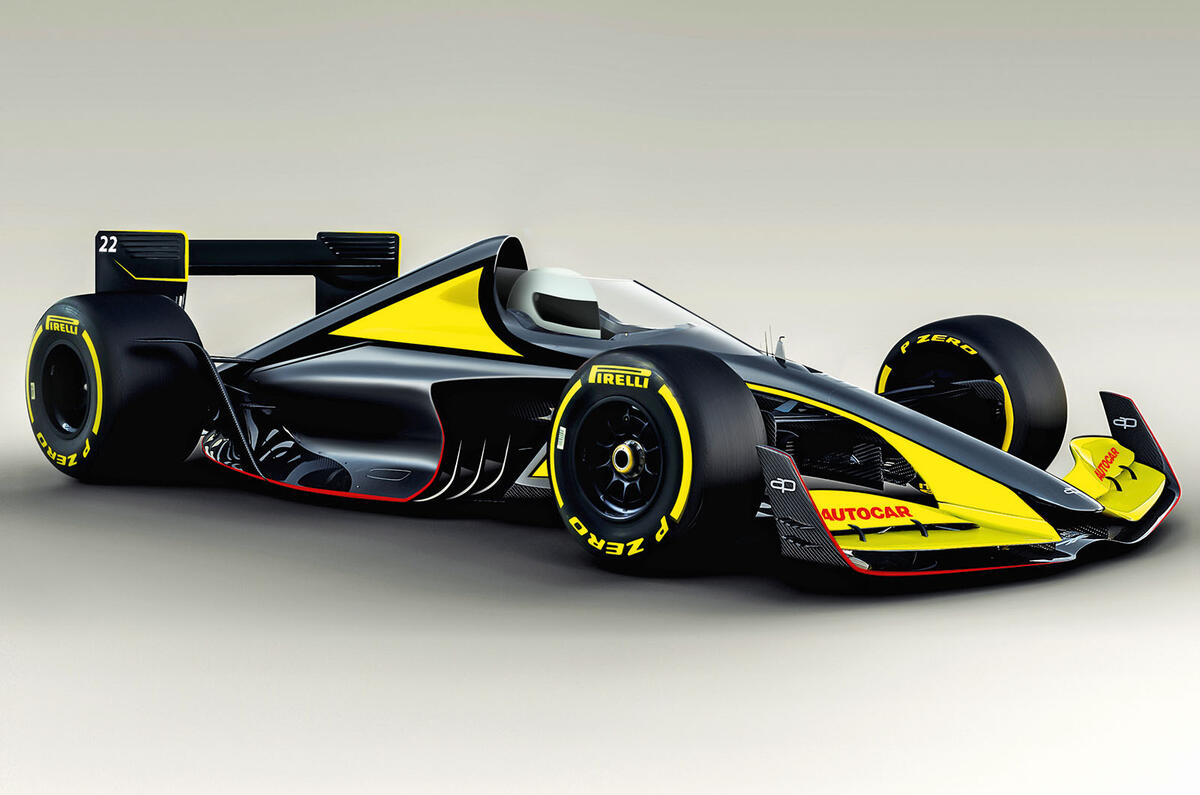
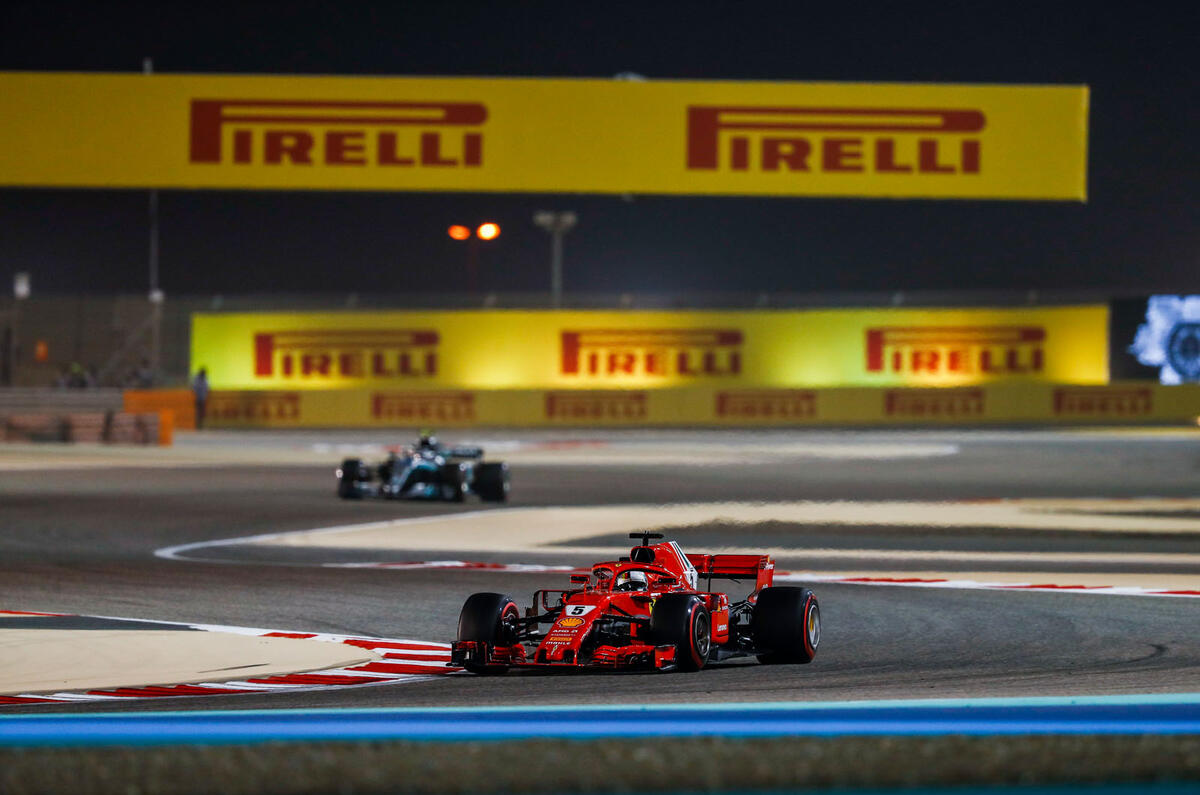
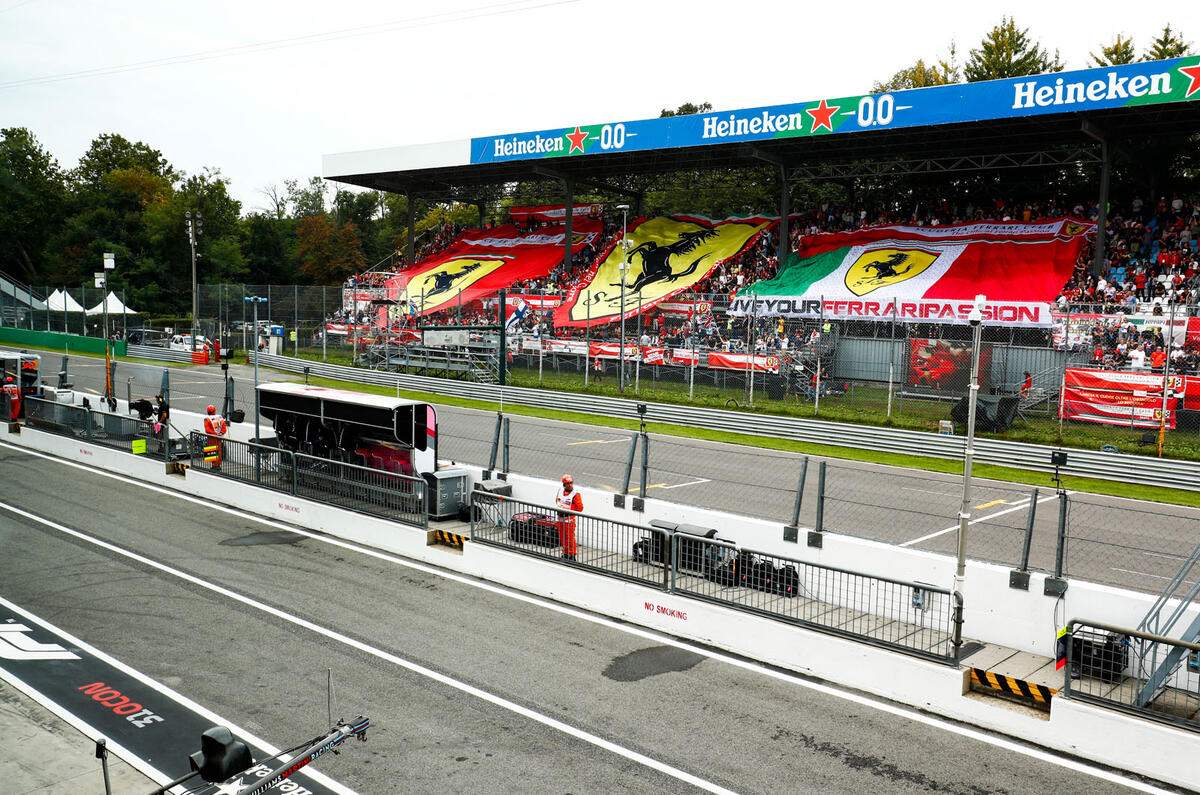
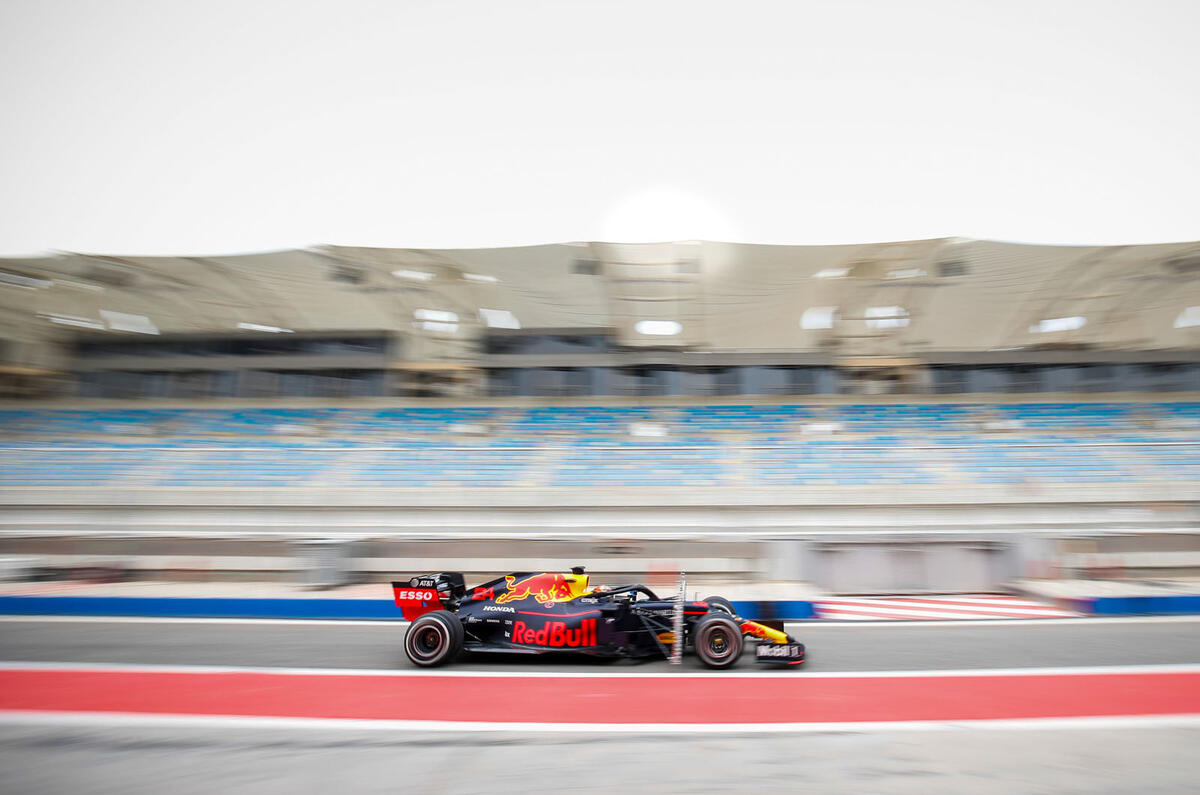
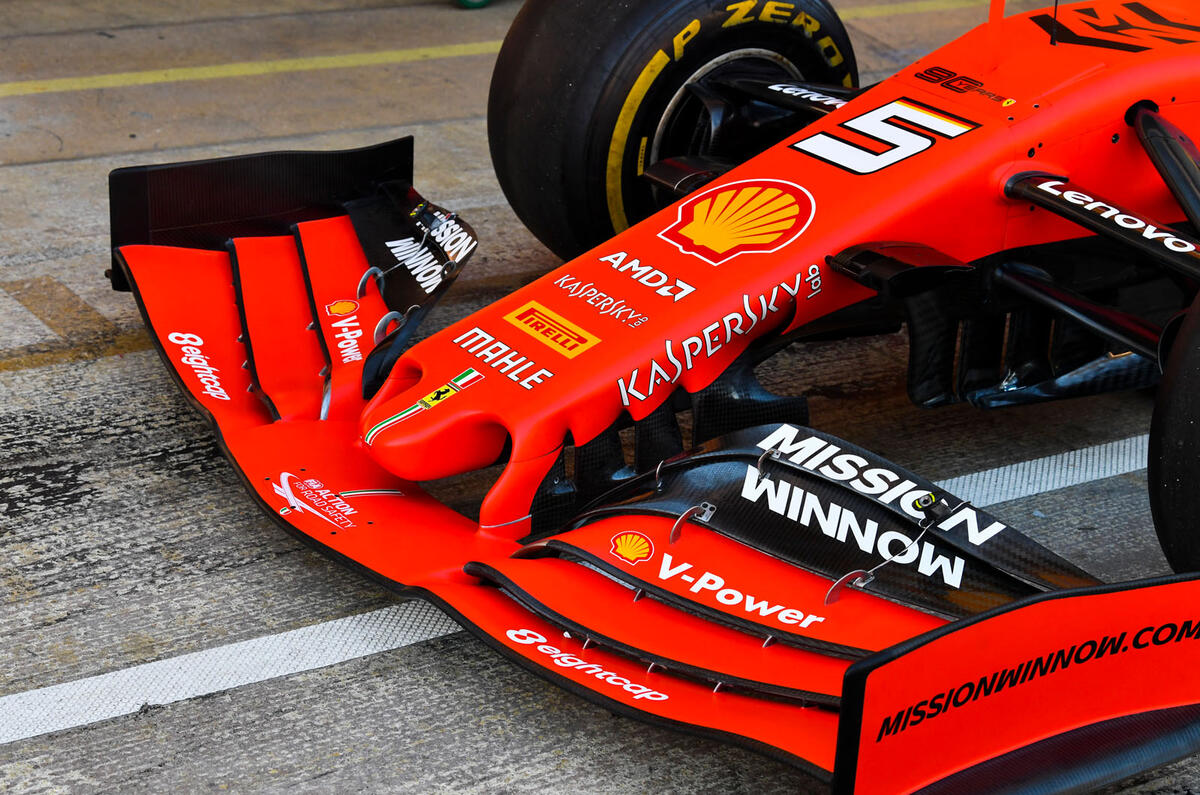
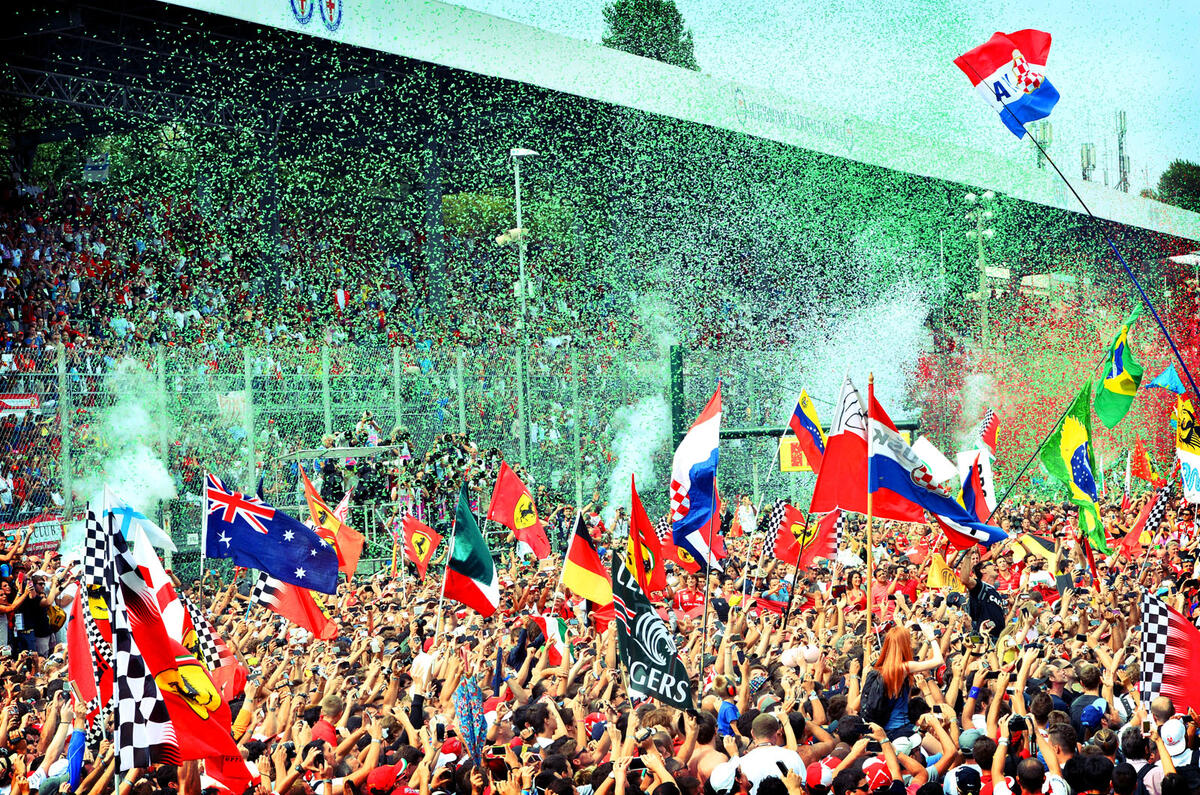
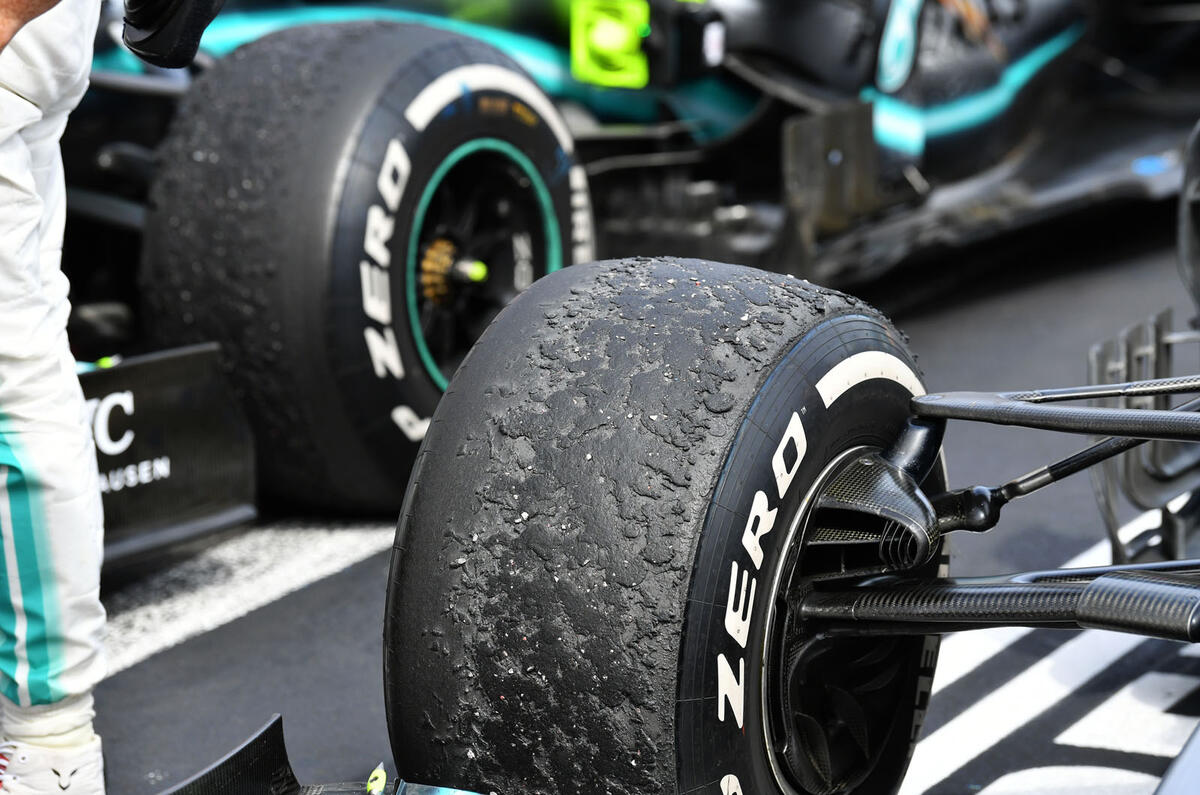
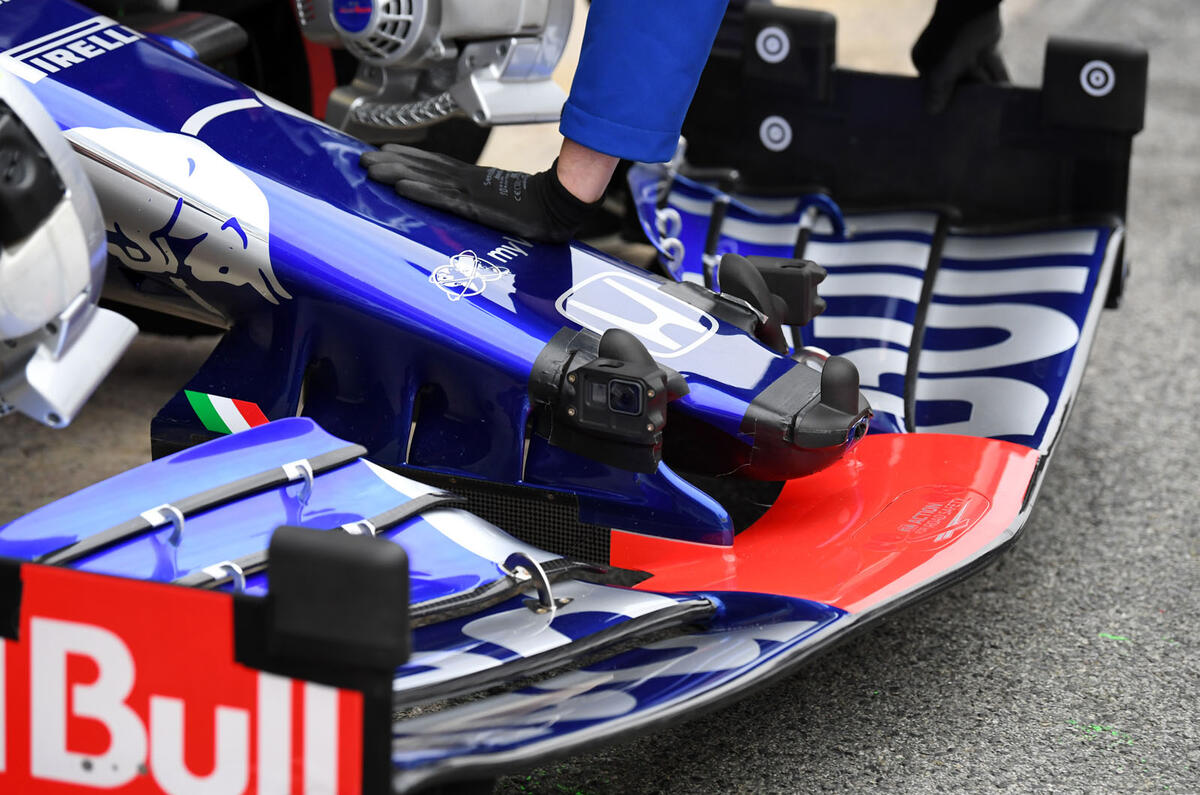
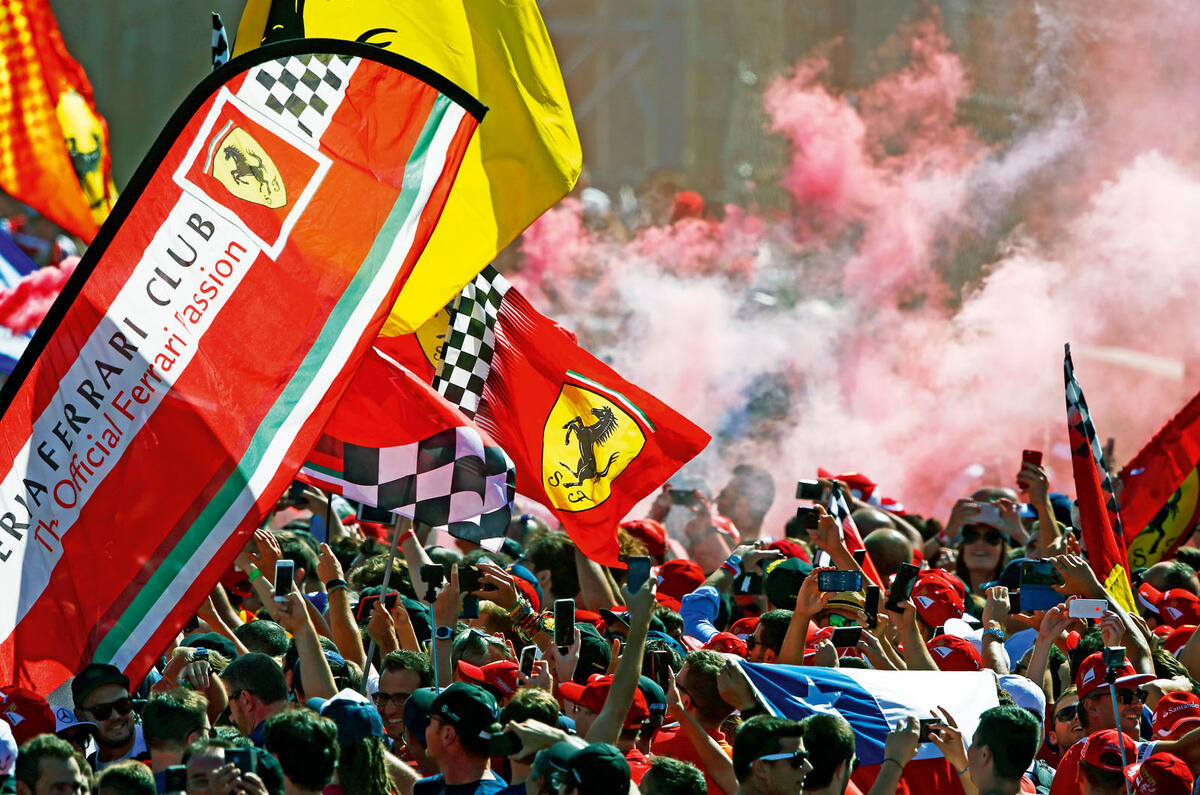
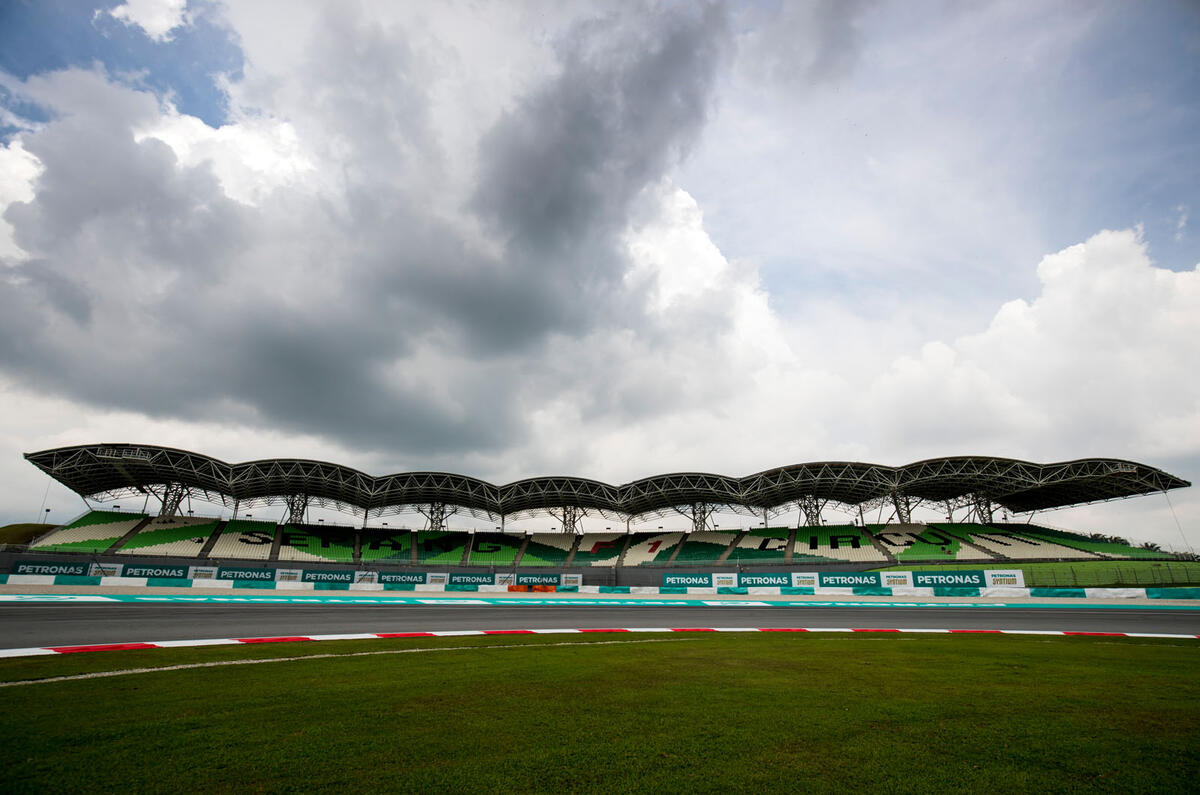
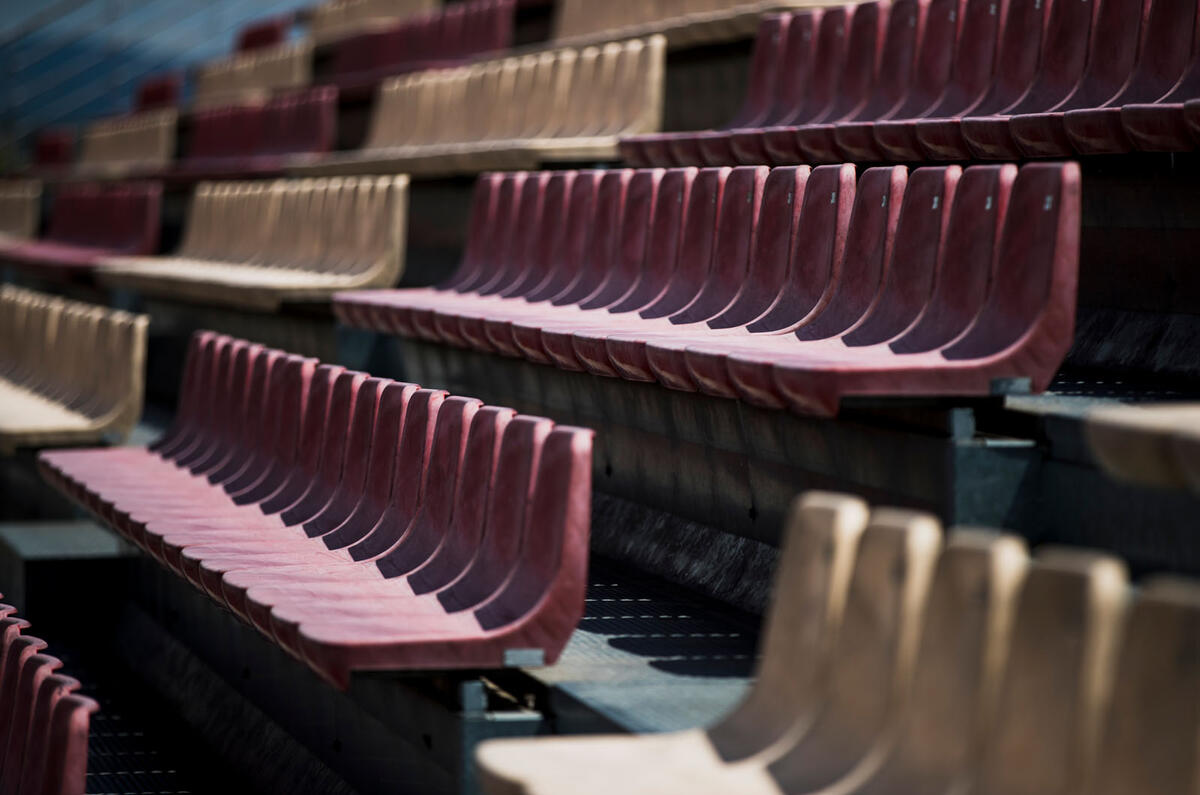
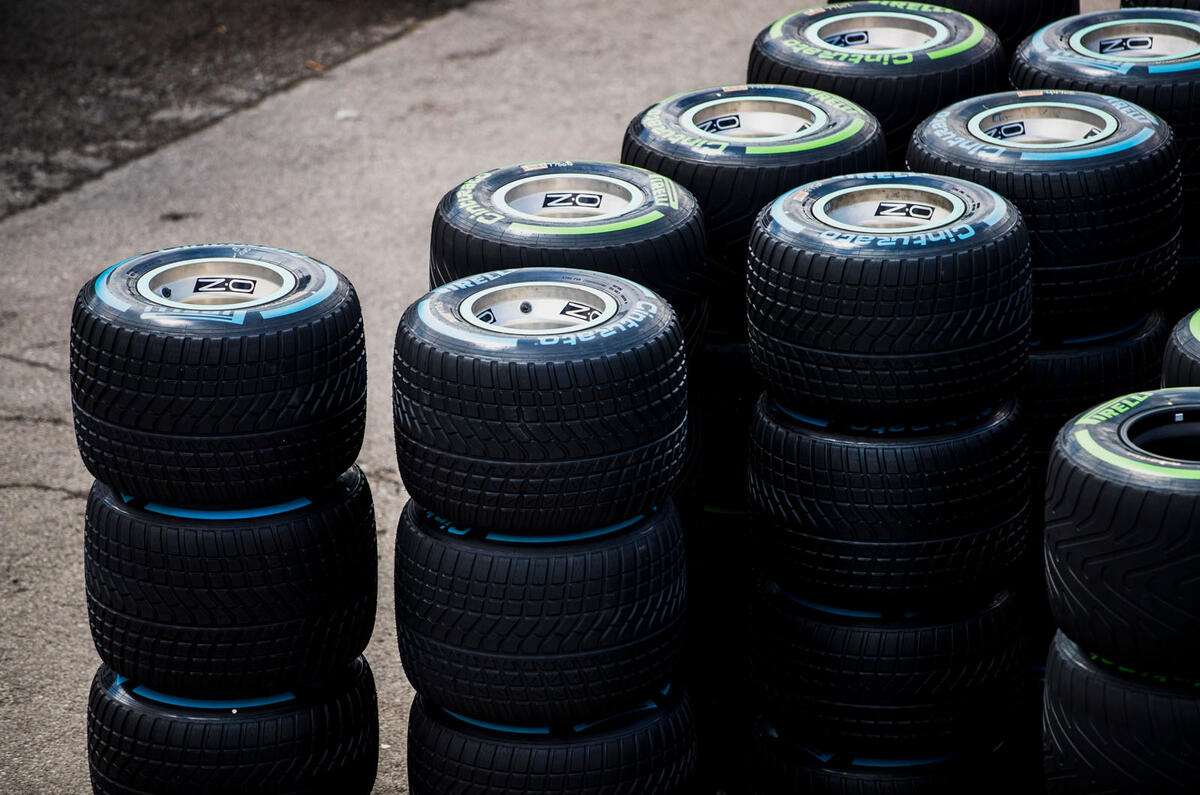
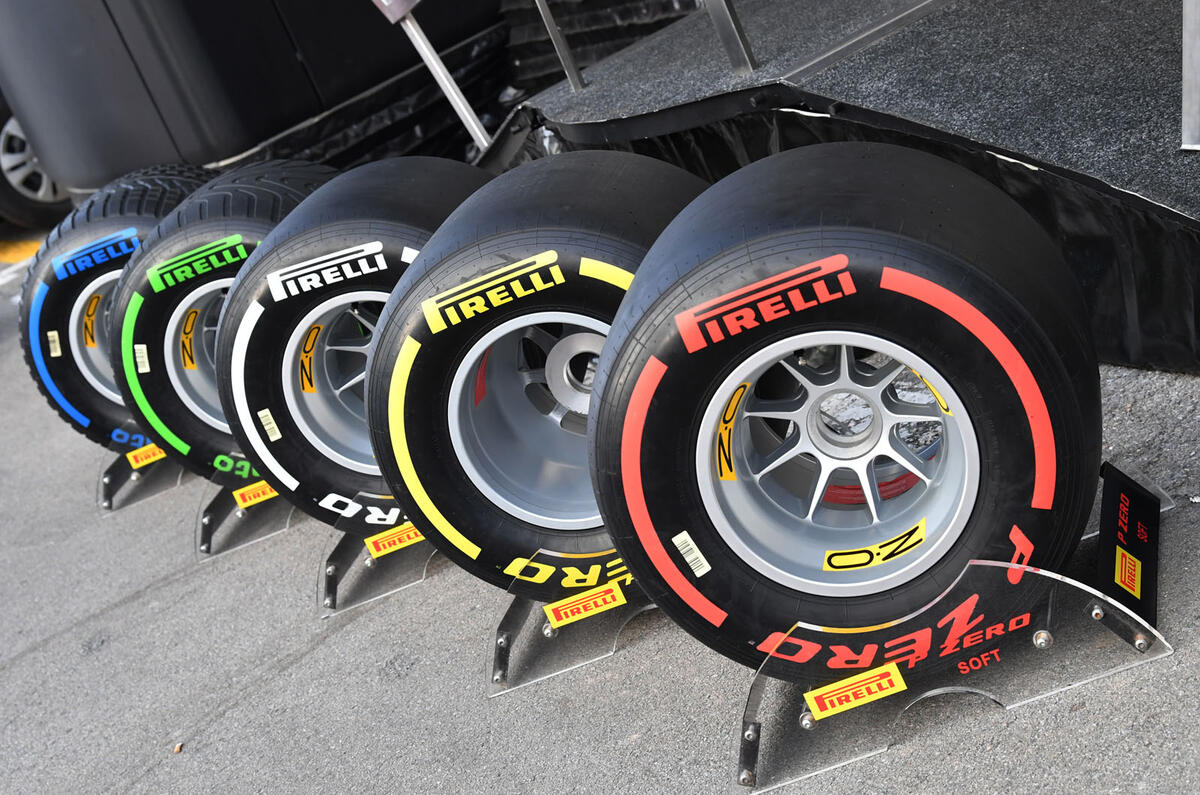
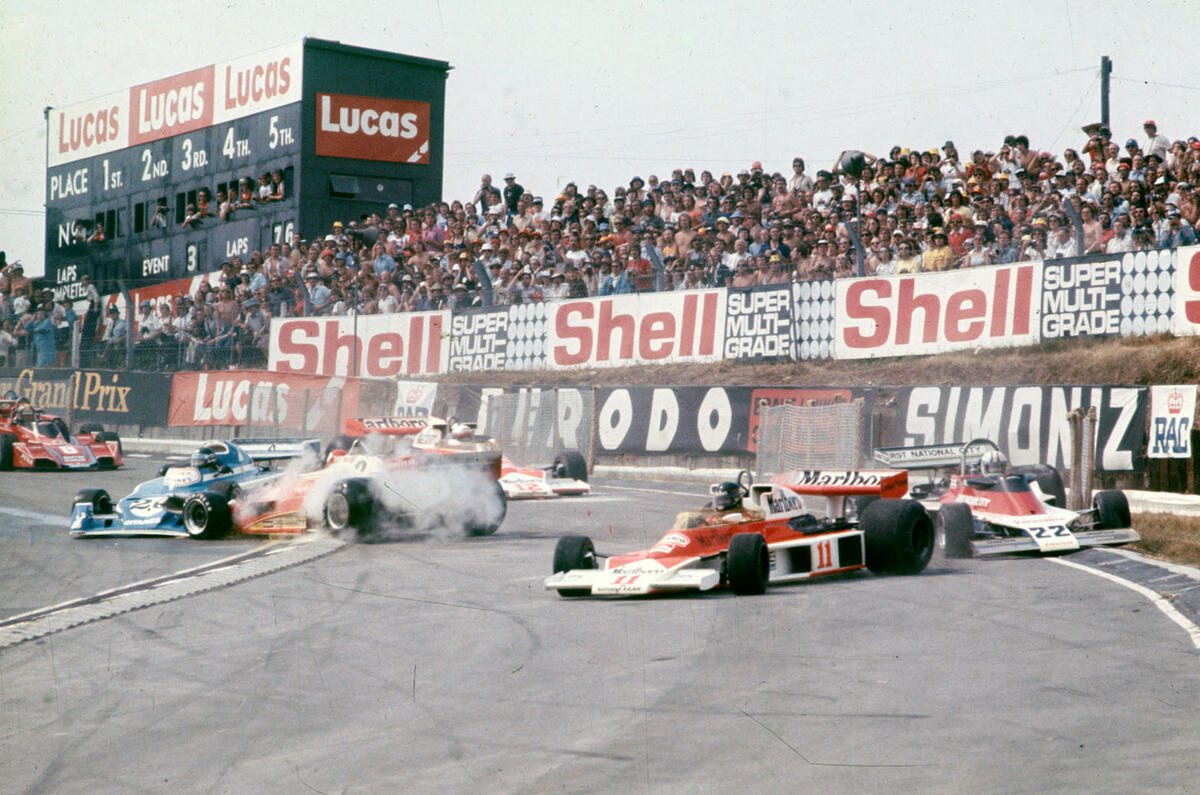
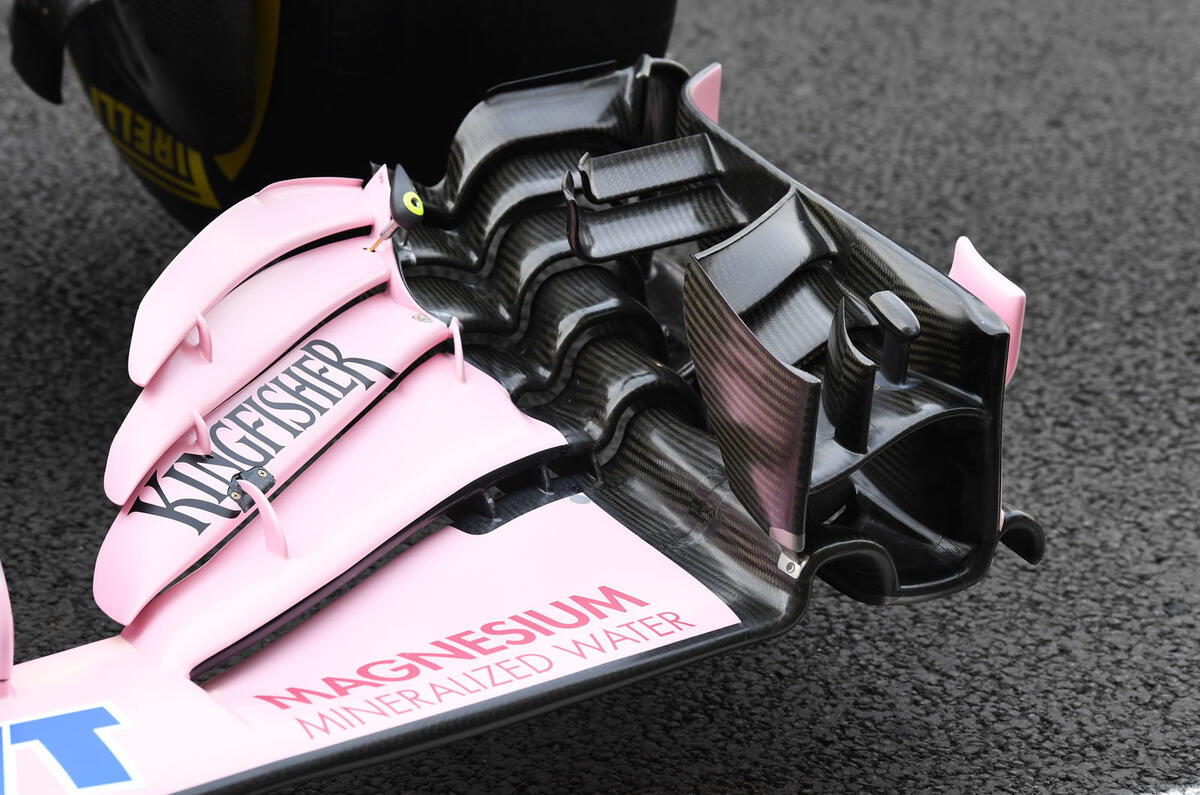
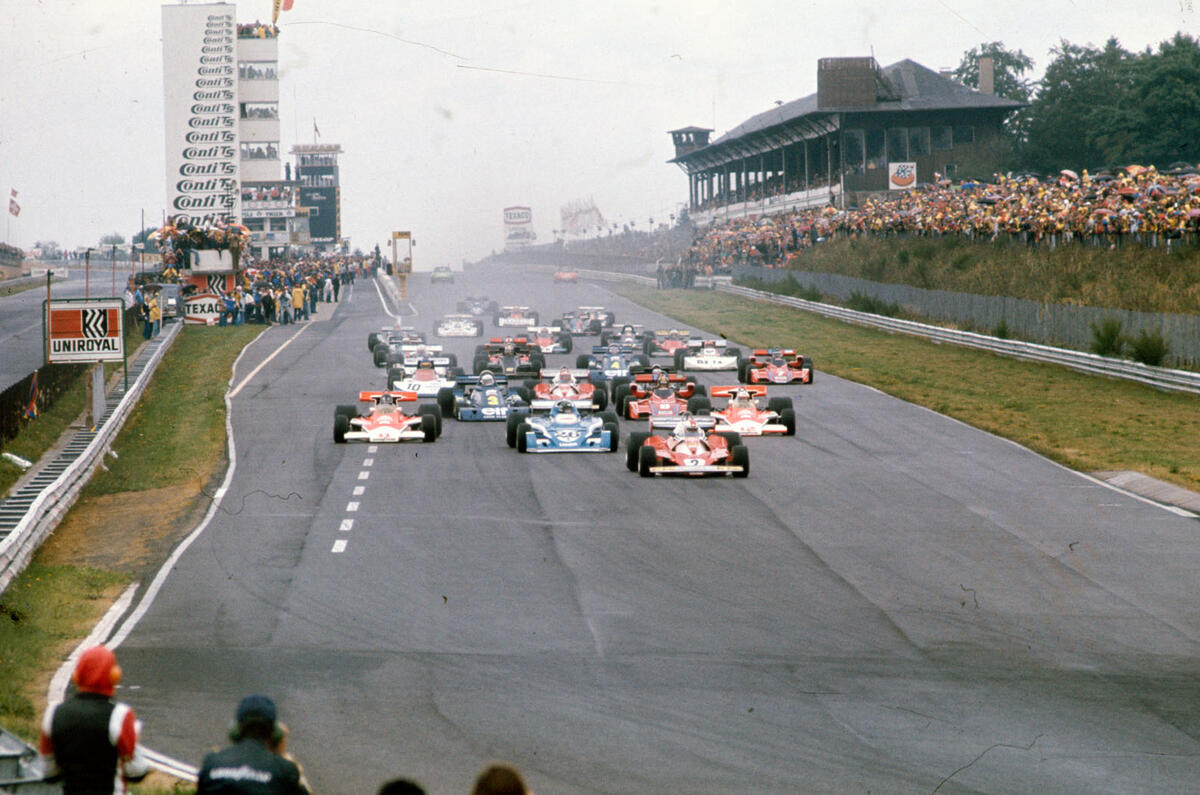
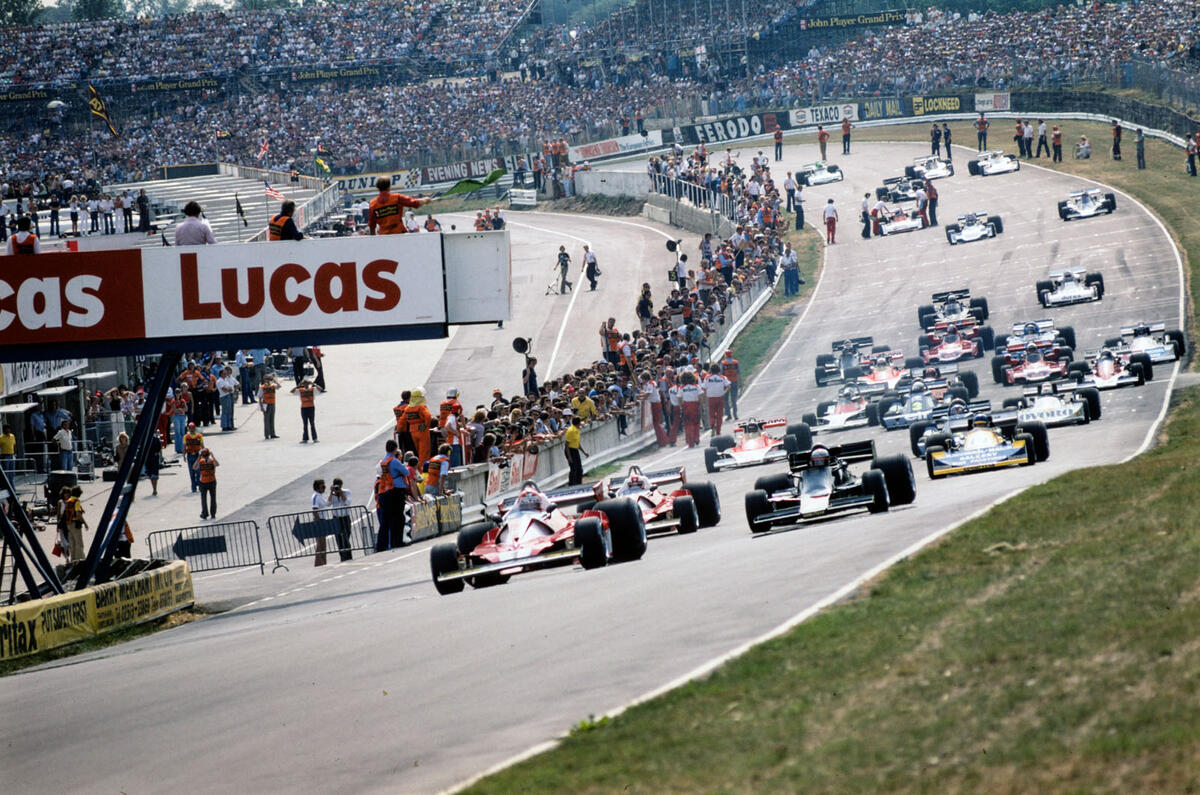
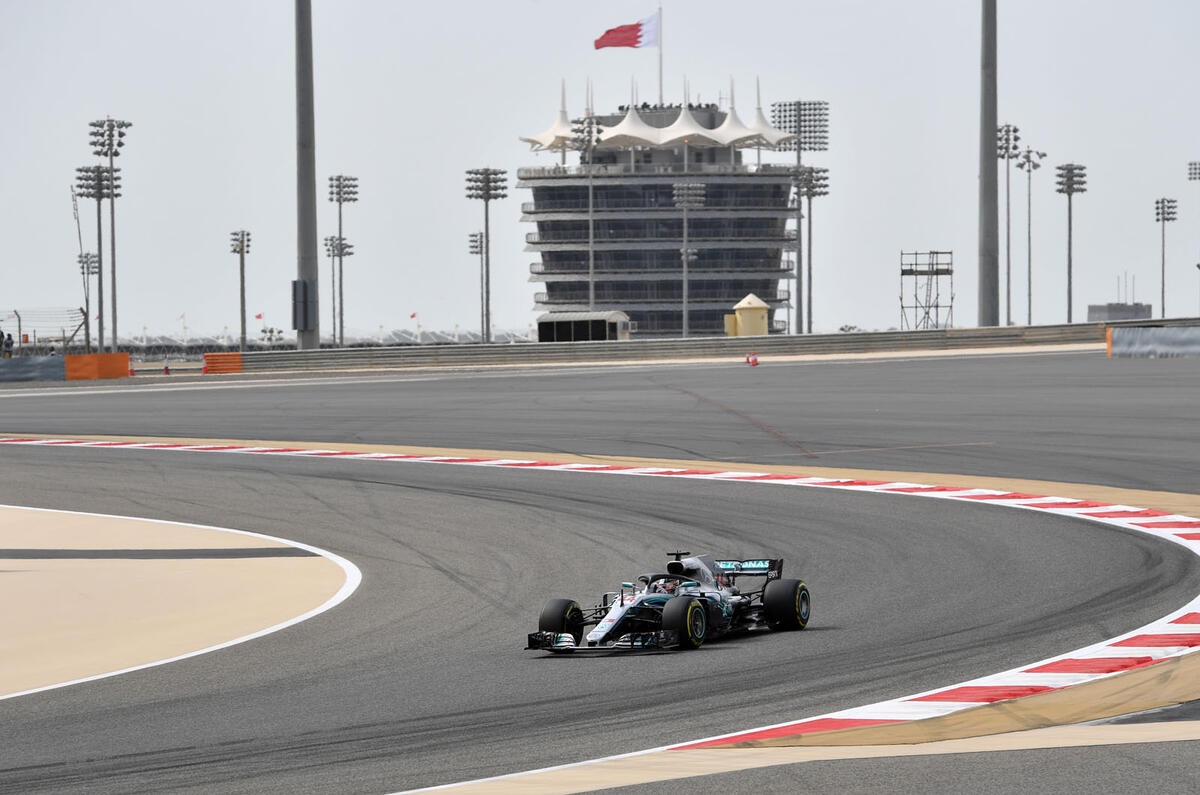
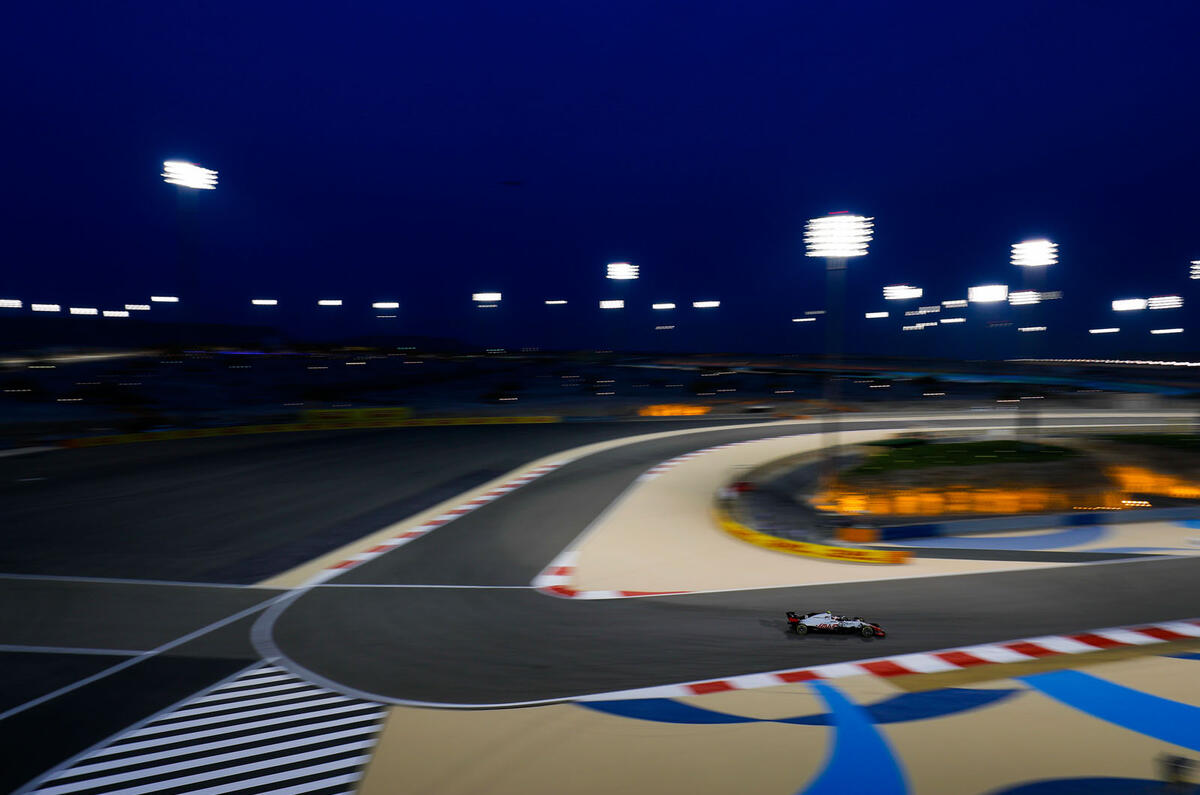
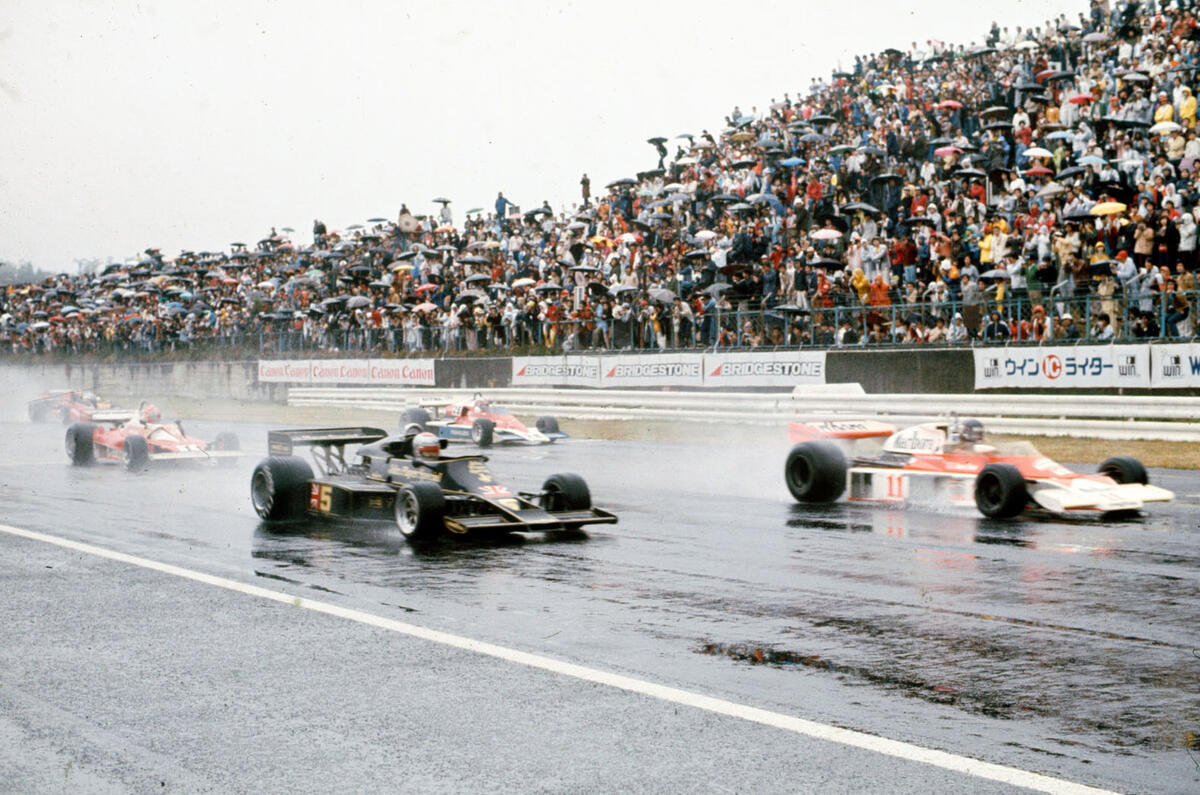
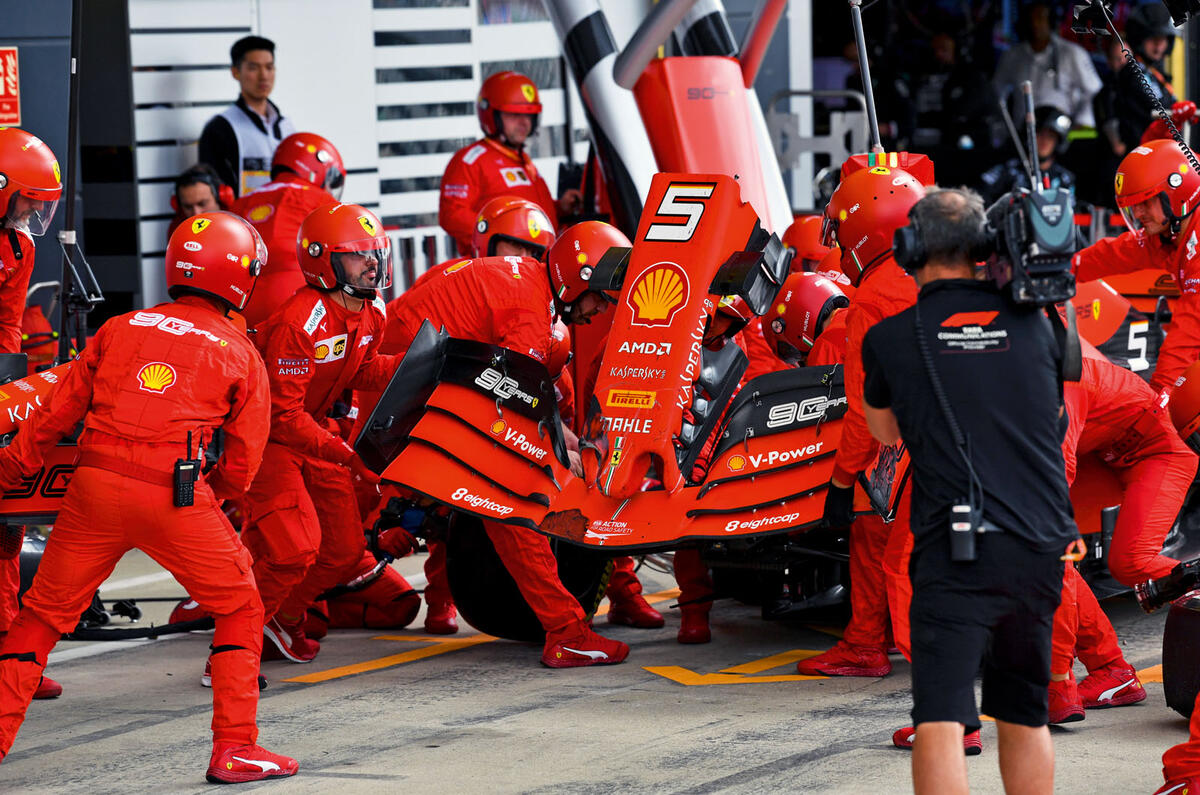
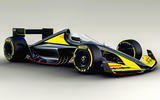
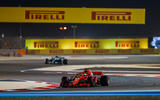
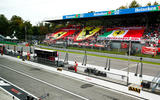
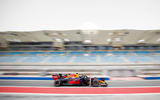
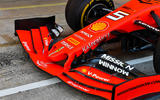

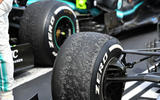
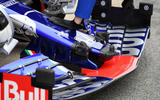
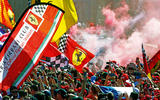
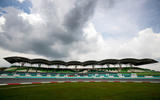

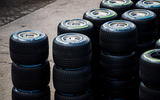
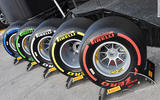
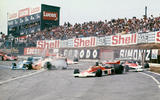
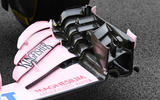
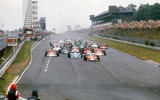
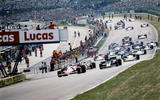
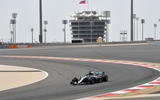

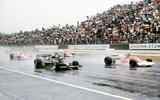
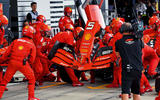

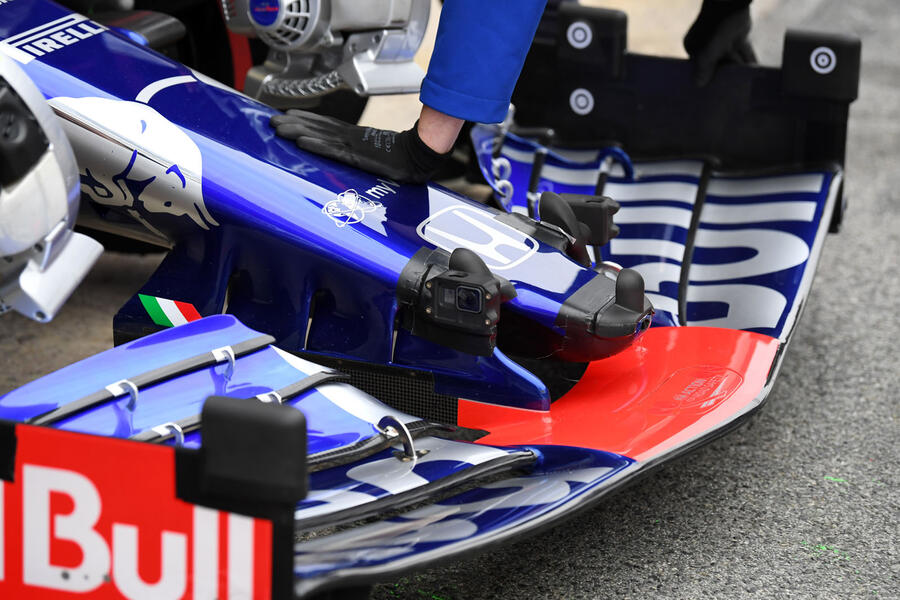
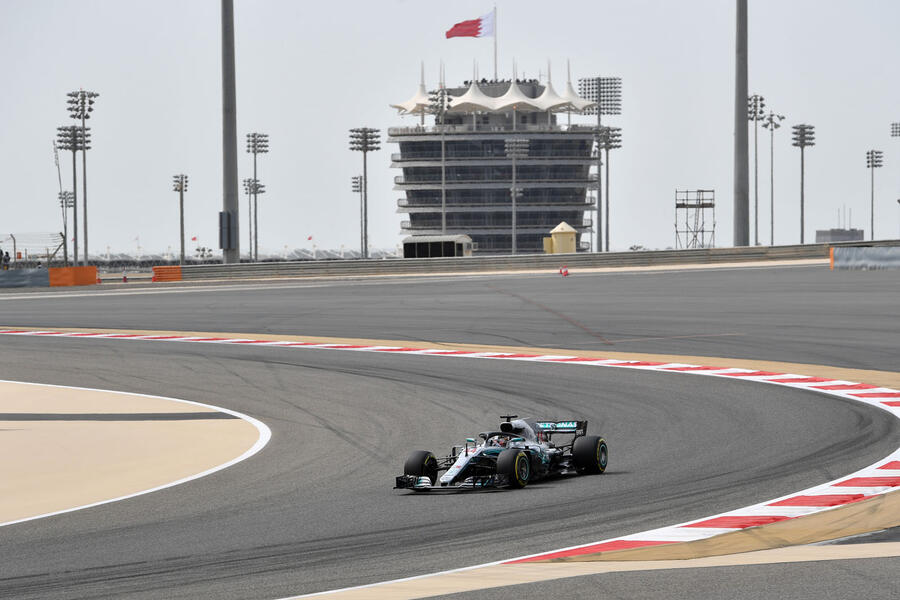
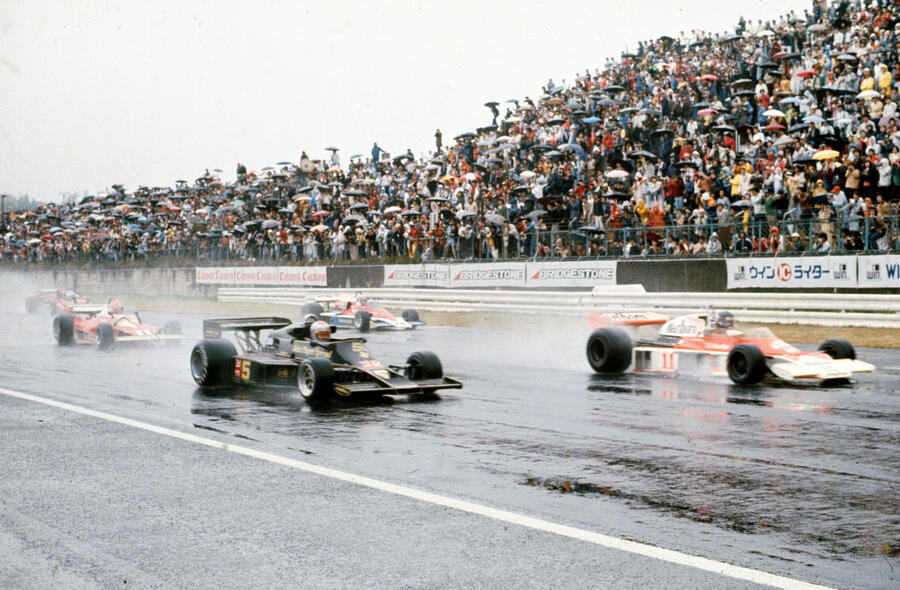
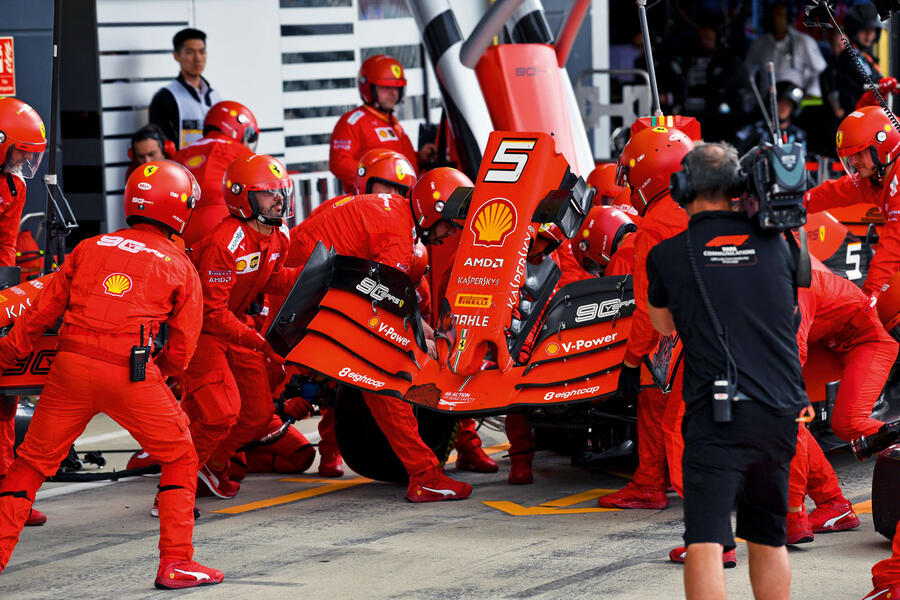
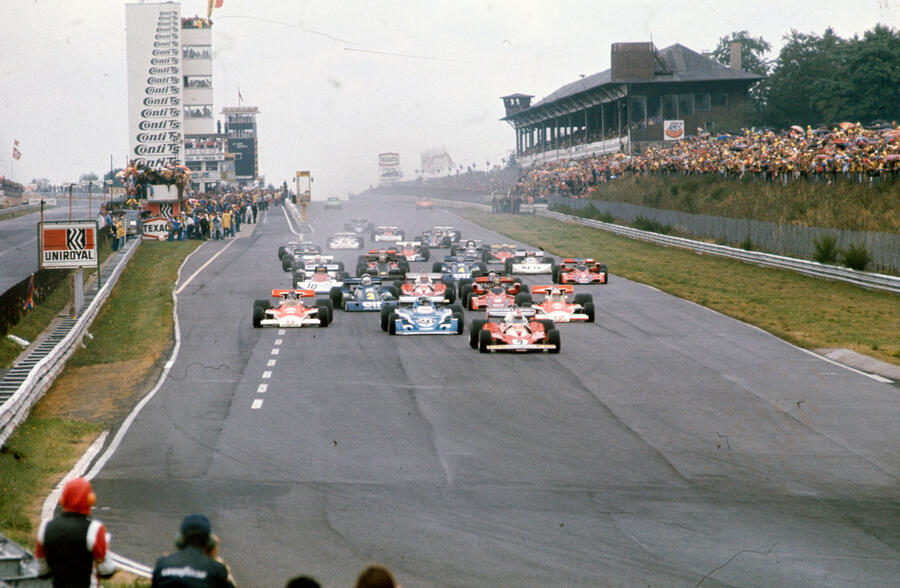
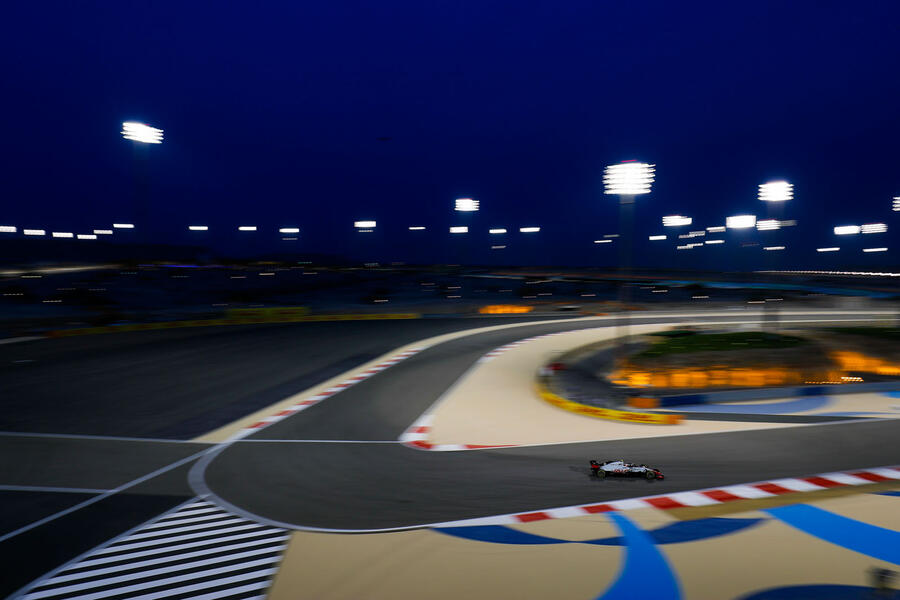

Join the debate
Add your comment
Two Championships
Got thinking about this a few years ago when LH and Merc started winning most weekends and I got bored. My suggestion:
10 teams, 20 races.
Ten races form the drivers' championship where drivers race in cars manufactured to an identical spec - perhaps produced by an independent outfit funded collectively by all of the teams.
Ten races form the constructors' championship where each team builds its own car to regulations, as they do now, and the drivers rotate through the teams each race so that at the end of the season each team has had each driver once.
I reckon that's something I might watch...
Maybe the amount a team pays into the development of the DC cars determines its budget for its own CC cars. That might help to level the financial playing field a bit, especially if teams are then allowed to dip into the DC cars parts bin.
I've been a massive F1 fan
I've been a massive F1 fan for years, pictures on the wall and shelves full of books, but I don't watch it anymore. Why?
It's no longer on free-to-air.
The cars are massive, overweight, ugly and look near identical.
The cars are (appearing to a watching audience at least) too easy to drive.
The wheel-to-wheel action is limited and actual overtaking is 'fake'.
Many of the circuit venues do not excite.
The circuits, even the good ones, have been emasculated to the point where there is little risk or penalty for going off line.
Both the design and competition rules are both baffling and stifle racing.
Solutions?
Make coverage free to air.
The design rabbit hole we've been going down for years needs to end. We need a strict budget cap but a much more open rule book. Creativity, design freedom, variation, different engines, ban turbos, 3 pedals, gearchange OFF the wheel, drive the size and weight back down..and a 1993-spec front wing!
Get rid of the ridiculous budgets, if manufacturers don't like it? Bye. Plenty of other manufacturers will be attracted by realistic costs. Fans will like the bigger grids and fresh faces.
Sack Herman Tillke.
Thanks.
F1.....
In F1 it's supposed to be a level playing field which it's not, never has been, it can't be a level playing field because as a sponsor you'd want your name on the top cars so, if your one of the bottom teams your not going to get top sponsors and as for the best drivers,we'll, they go to the best teams, as for watching, well currently it's moved on a bit, it isn't as one sided, no boring processional races as such, how to improve it?, well, you tell me, tell the powers that be to make it better, we don't want more races, there's to many as it is, reverse grids?, who'd want to start at the back all the time?.......